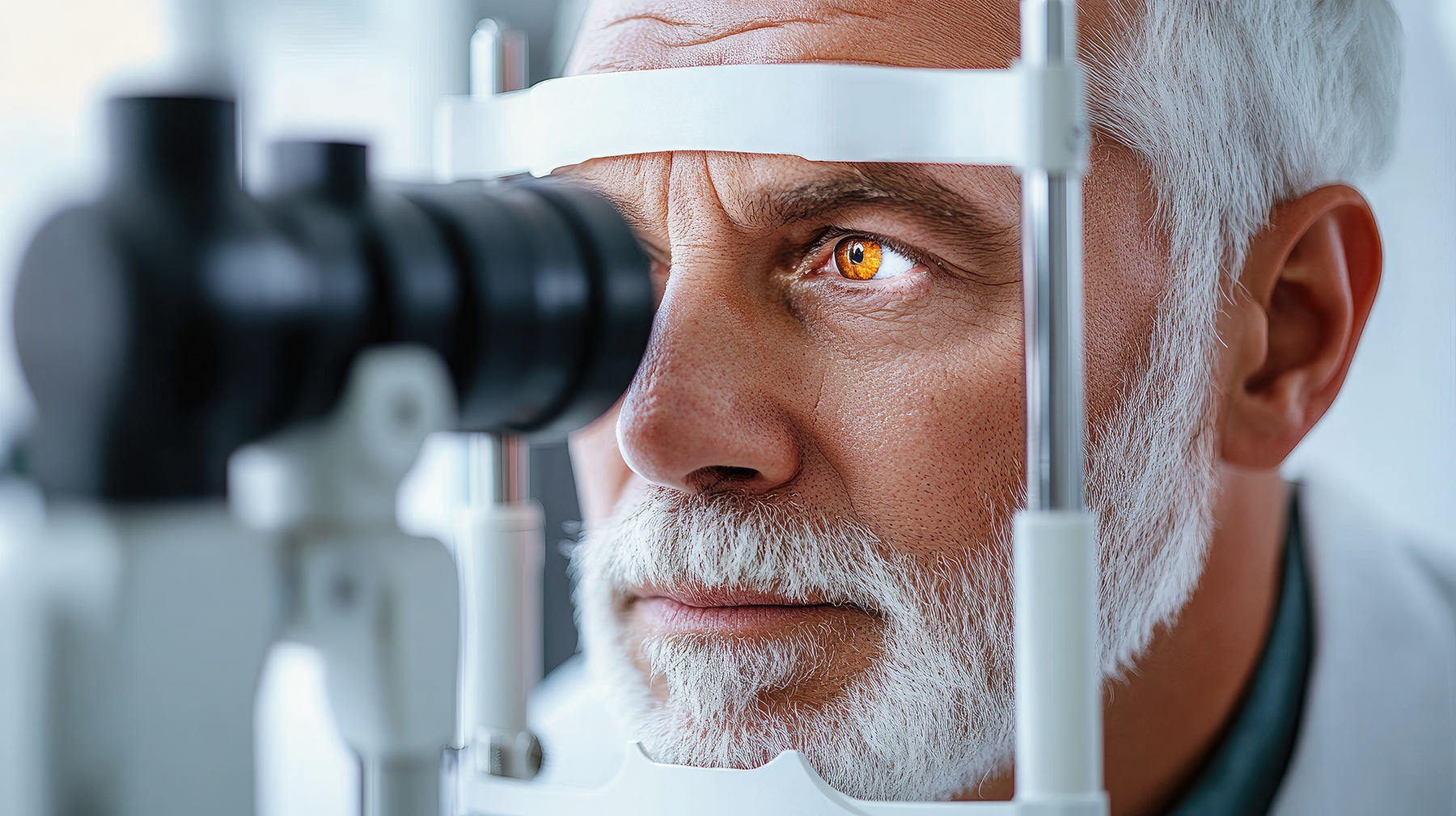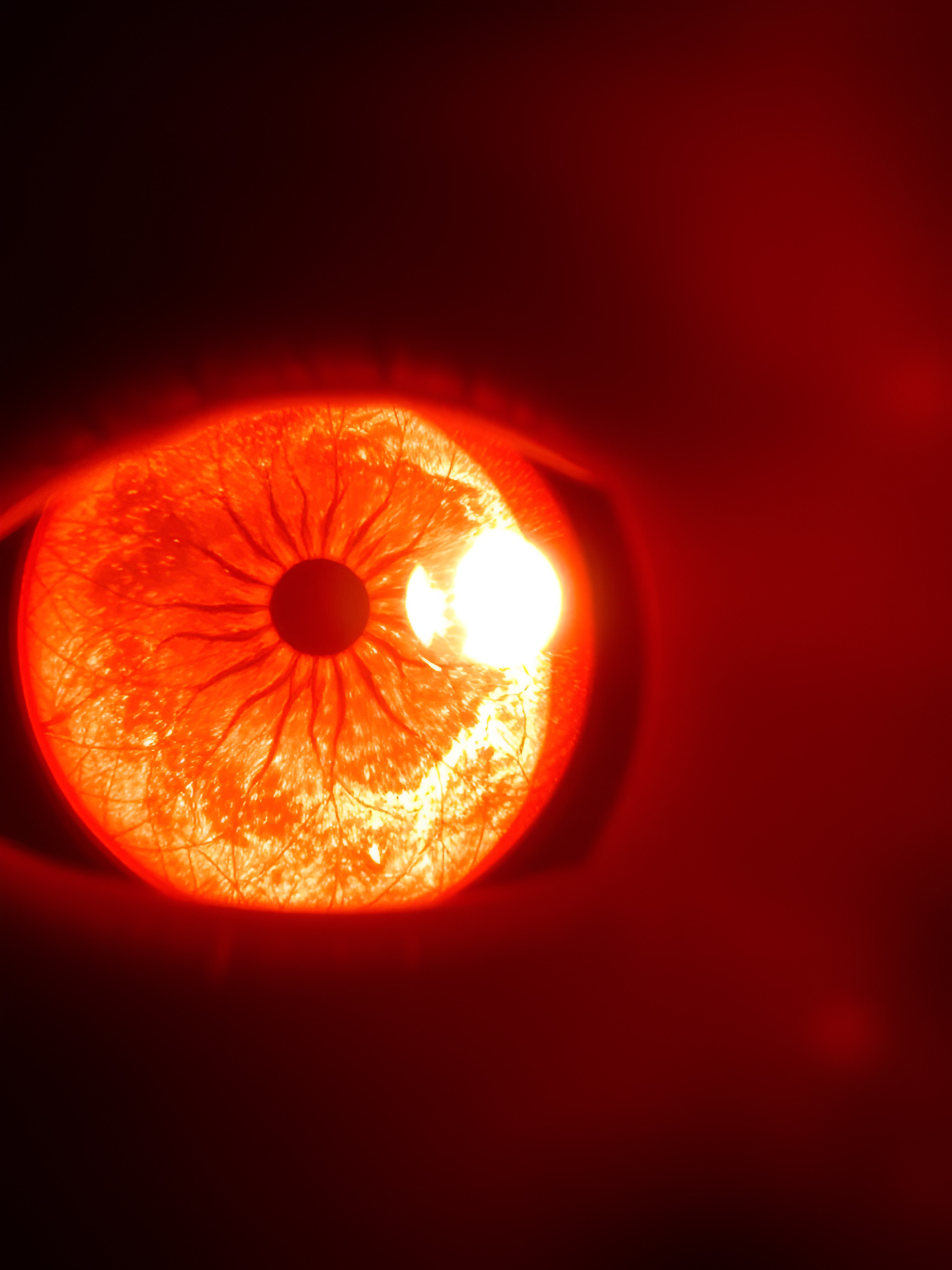What Is A Comprehensive Eye Exam?
Our comprehensive eye exams provide a thorough evaluation of ocular function and health in addition to the refractive prescription. To assess the complete eye, we do recommend a routine dilation, though this is not mandatory. We also evaluate how the eyes work together as a pair, the eye muscles, focusing ability, eyelid function, dry eyes, ocular allergies, cataracts, and countless other issues affecting the eyes. Appropriate treatment will be prescribed and if needed referrals will be made to corresponding specialists.
Our eyes are the only place that we can see visuals of the blood vessels painlessly without probes and anesthesia. Thus, various heart conditions can affect the eyes and can be detected with a routine eye exam – which can save a life! Countless other systemic conditions such as diabetes, AIDs, thyroid disorders, cancer, multiple sclerosis, and many other conditions can also affect the eyes and can lead to serious loss of vision in addition to significant damage to the body if undetected.

Medical Vision Exam
A medical vision exam is a dilated wellness checkup that includes diagnosis or treatment of any medical condition of the eye. Diabetes, cataracts, and glaucoma are all medical conditions that require a dilated exam by an ophthalmologist. Many of these diseases are silent and can only be picked up by a careful eye exam.
Dilation or enlargement of the pupil allows Dr. Bunin to look at the back of the eye including structures like the retina, optic nerve, etc. This enables her to evaluate the health of the eye.
Dr. Bunin will carefully evaluate you and listen to your concerns, then offer you the best options regarding your medical eye care. Dr. Bunin can help you understand your options and decide what’s best for you.
If you are not having any eye health issues and are younger than 55, a comprehensive eye exam is a good place to start. If you have any medical problems such as floaters, flashes, red eyes, dry or tearing eyes, pain in the eye, lumps or bumps, cataracts, glaucoma, diabetes, or another systemic disease that can affect your eyes, then you should schedule a medical eye exam.

What to Expect in a General Eye Exam
- Vision evaluation
- Testing for glaucoma, cataracts, macular degeneration, and other retinal diseases or disorders.
- Screening for diabetes, high blood pressure, and other systemic health conditions
- Tests for peripheral vision, and eye health
You will find that your eye examination is a pleasant and interesting experience. Based on state-of-the-art optometric techniques, the examination consists of a series of tests integrated with each other that observe and measure your eyes with your active participation. Additional tests assess the muscular balance of your eyes; how well they work as a team, and how well they focus.
Dr. Bunin will discuss test results and make preventative and remedial vision care recommendations at the conclusion of the exam. You will leave our office knowing you had a comprehensive vision and eye health examination performed by experienced and caring professionals.
